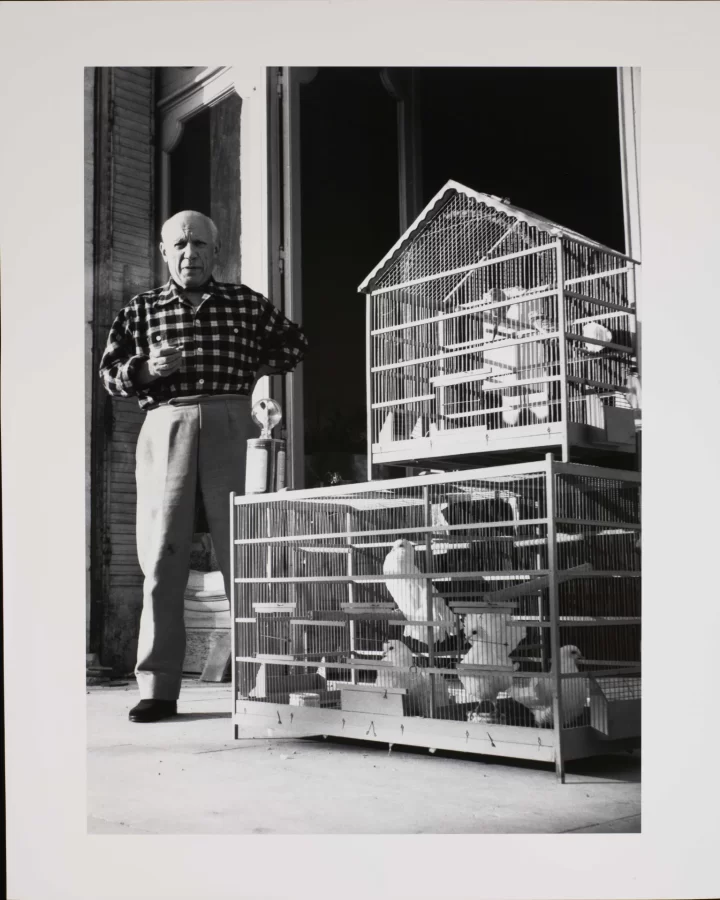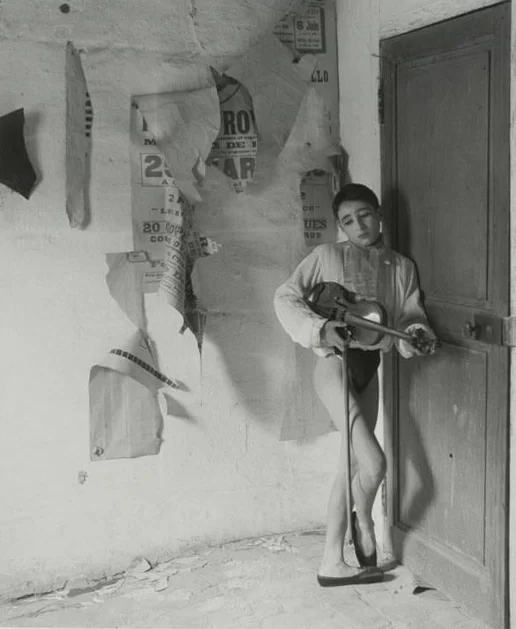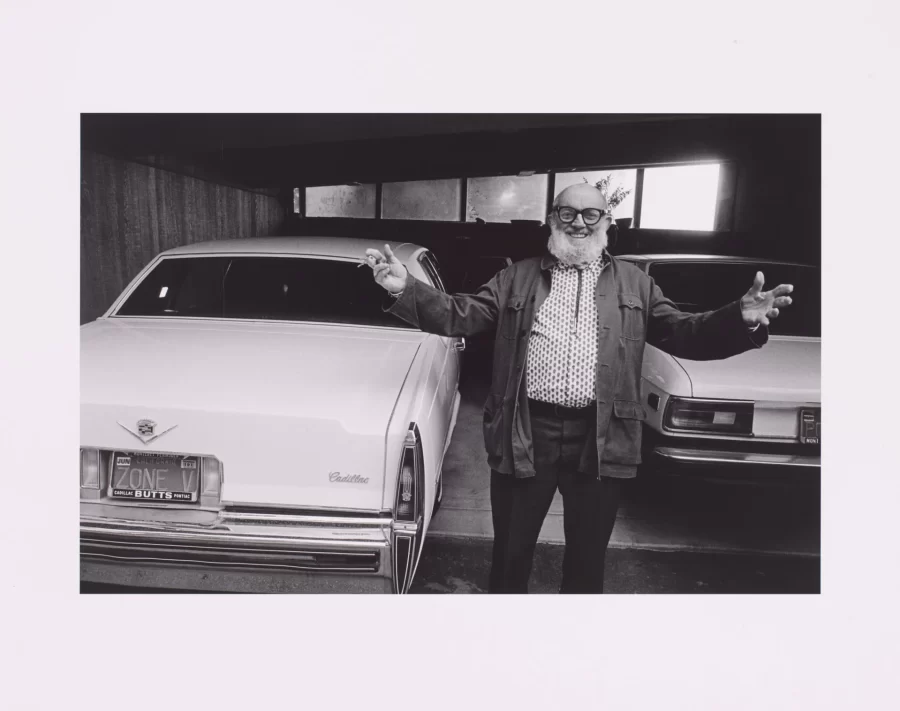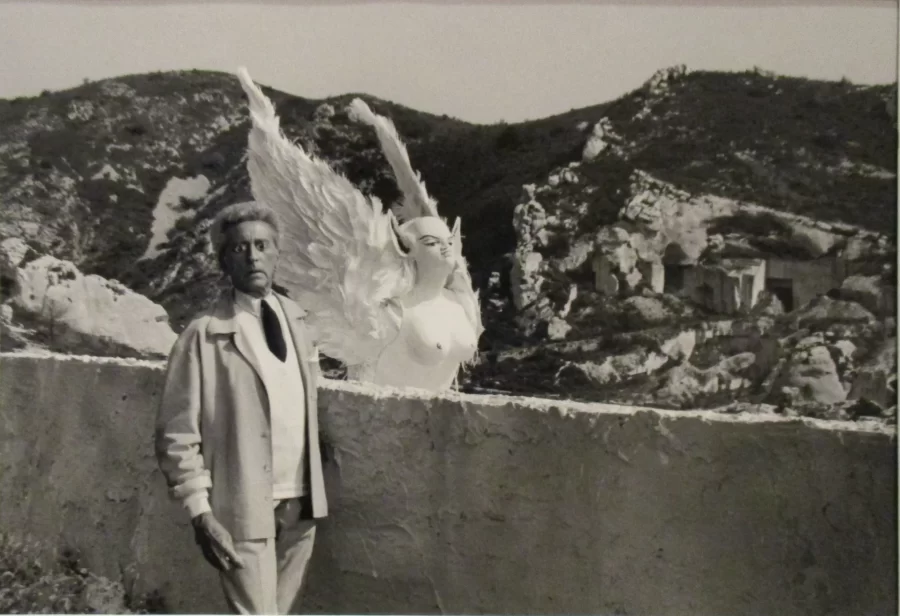Lucien Clergue (French, 1934-2014)
Clergue was an internationally recognized art photographer who established his career by photographing circus members, musicians, and harlequins in Southern France. Alongside other creatives who advocated for the recognition of photography as a legitimate art form—including Roland Barthes, Jean Cocteau, Pablo Picasso, and Edward Steichen—Clergue’s work became a blueprint for art photography.
His intention to fashion himself as an artist was clear from the outset, as he rejected commercial work in favor of projects that captured specific ideas and forms. Clergue photographed a range of subjects, including female nudes, animals, street scenes, and intimate portraits of Modern artists and friends like Cocteau and Picasso—almost always in black and white.
Although Clergue did not receive a formal postsecondary education, he learned photography in his early teenage years and began working with Picasso at nineteen. Clergue’s work has been exhibited at institutions including the Museum of Modern Art, New York; Marmottan Museum, Paris; Art Institute of Chicago; Jackson Fine Art, Atlanta; and Kunstgewerbemuseum, Zurich. Clergue’s work is primarily held at the Museum of Fine Arts, Boston and the Fogg Museum, Harvard University. The artist worked with writer Michel Tournier and historian Jean-Maurice Rouqette to found the Rencontres d’Arles, an internationally-known photography festival in his hometown of Arles. In 2006, Clergue became the first photographer to be elected to the French Academy of the Arts in Paris.



